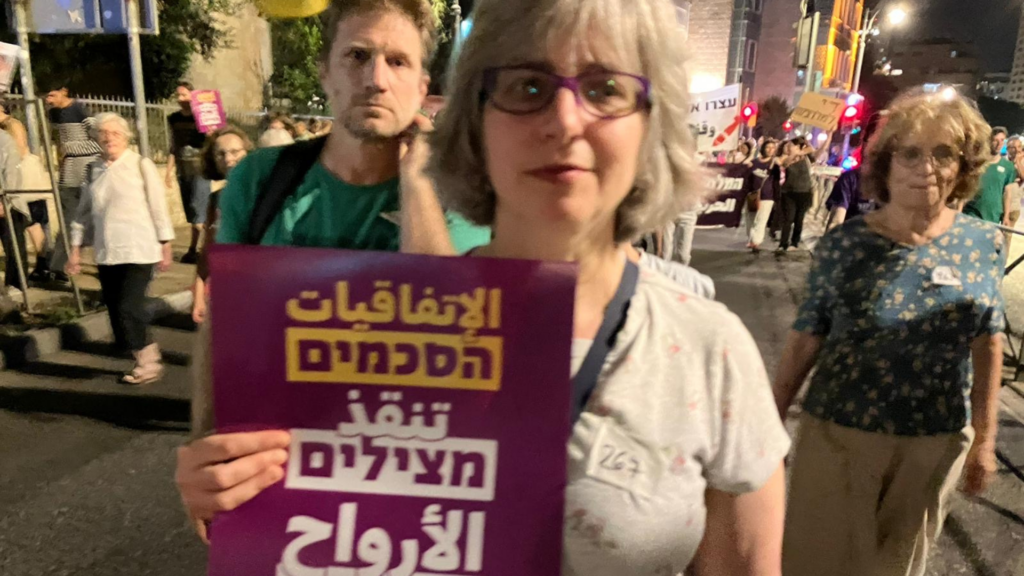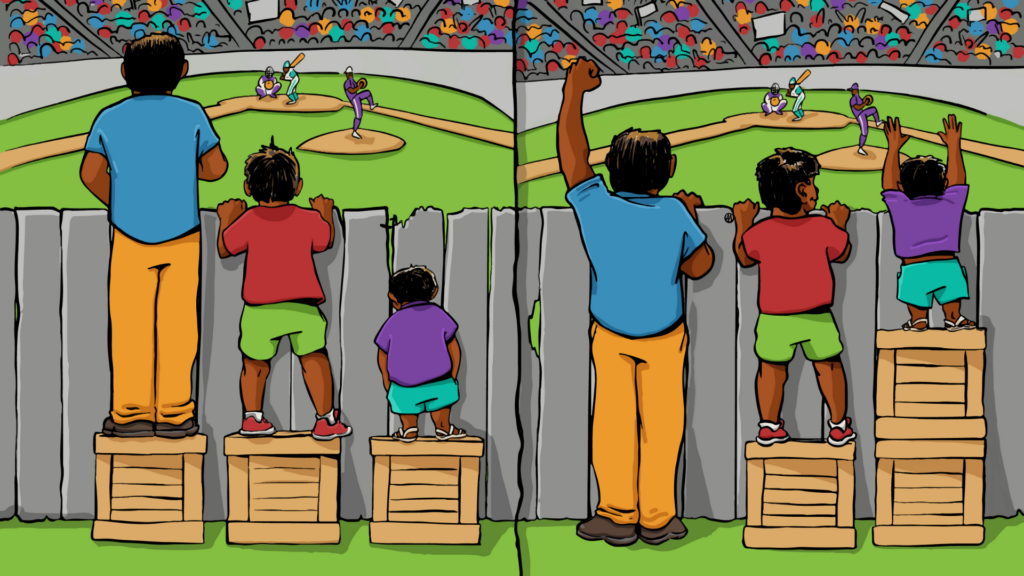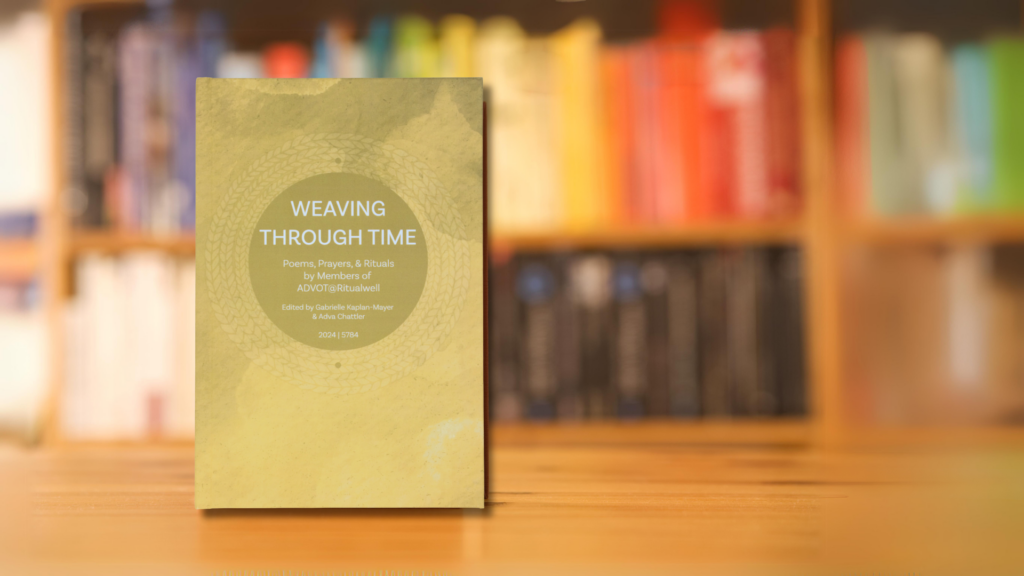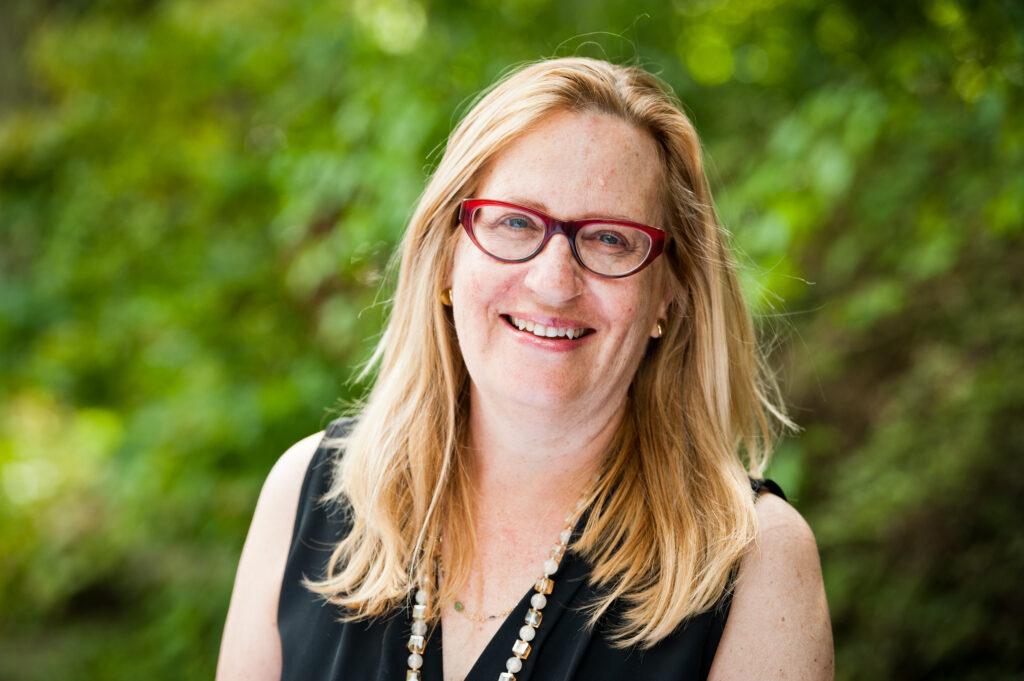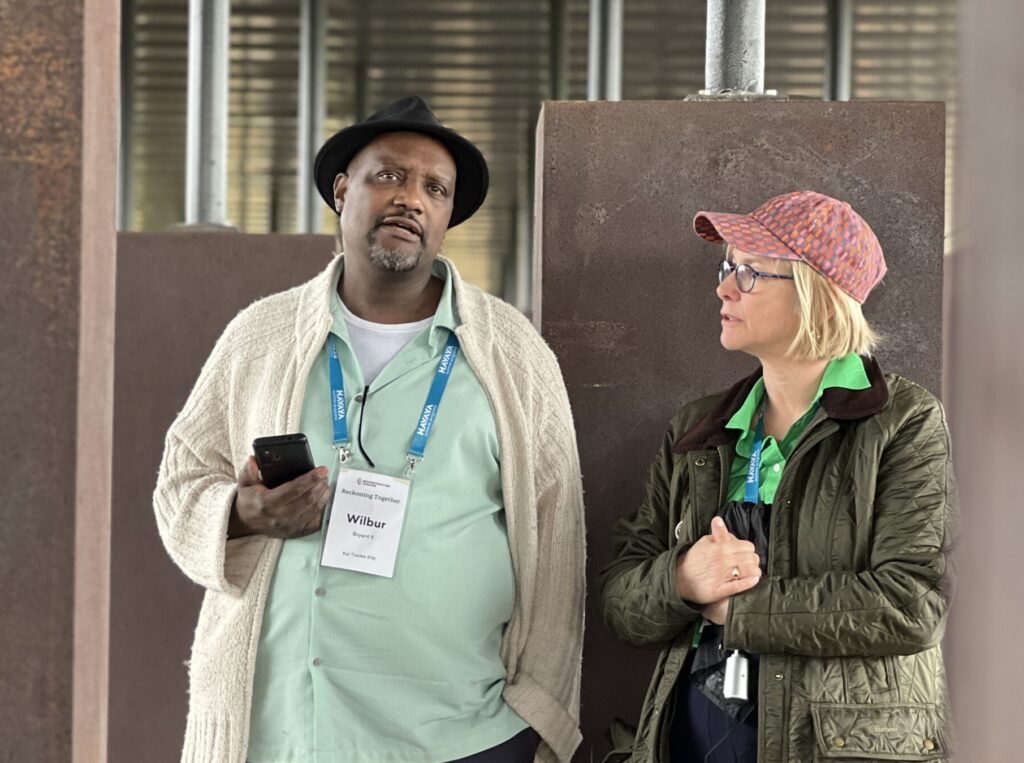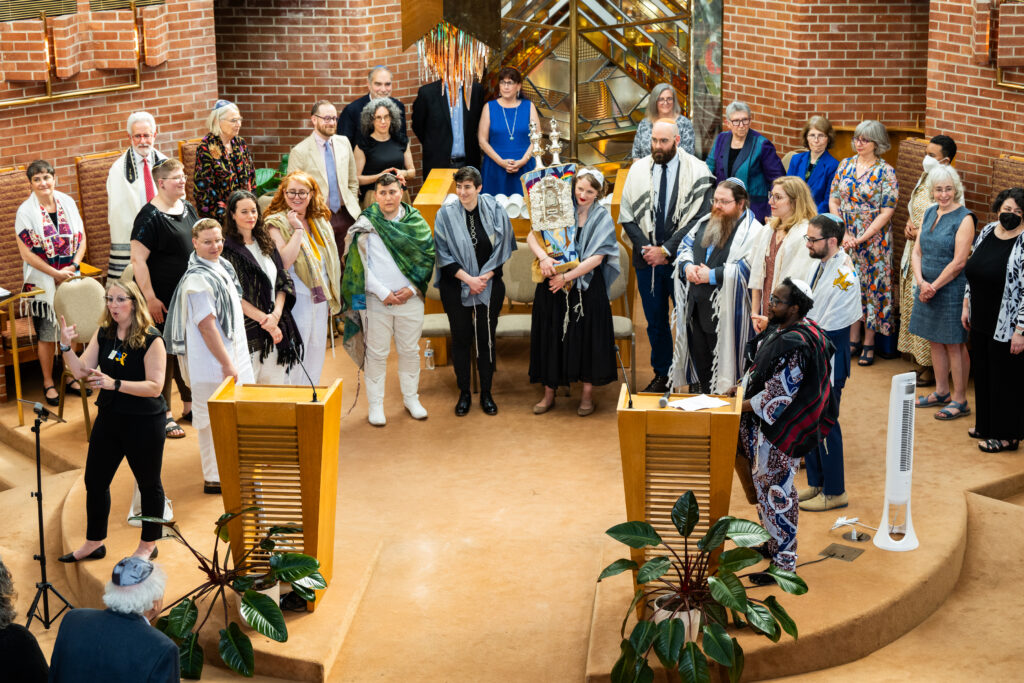Cyd, Weissman, Reconstructing Judaism’s vice president for engagement and innovation, was a featured panelist at a high-profile Shavuot program held at the Weitzman Musuem of American Jewish History in Philadelphia and sponsored by the Jewish Federation of Greater Philadelphia.
The panel “Only in America: The Evolving Place of Jewish Life and Culture in the United States” kicked off a 12-hour, in-person tikkun-leil Shavuot. The Shavuot custom of staying up all night to study Torah dates back hundreds of years, related to the receiving of Torah at Mount Sinai.
